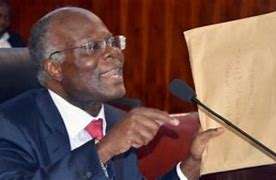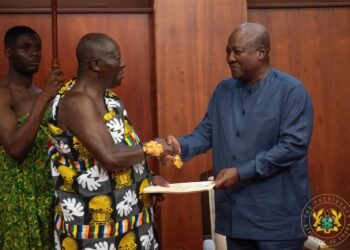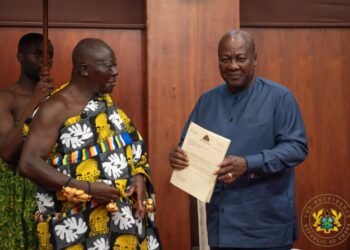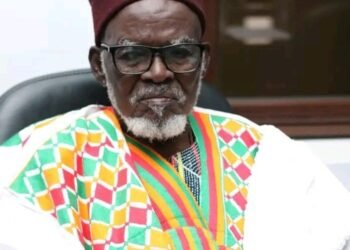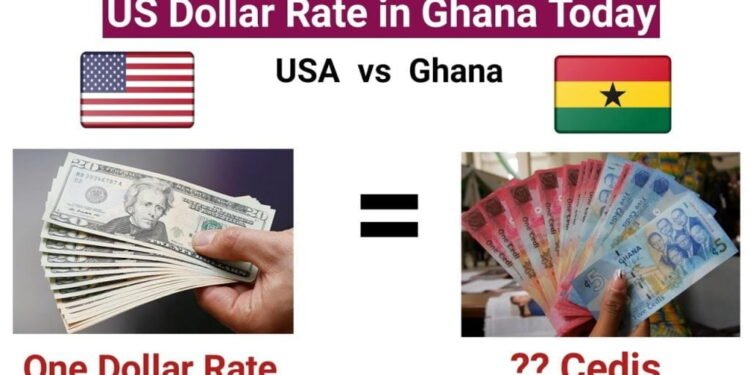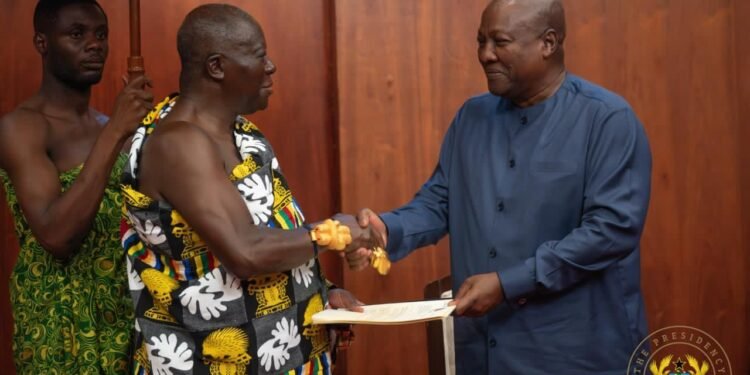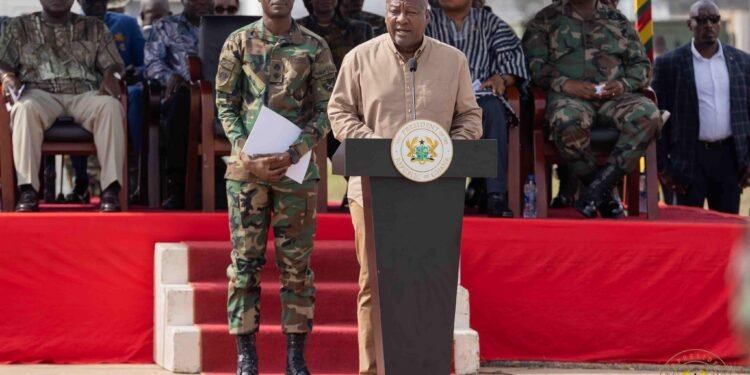The Ghanaian government has temporarily halted the implementation of the Export and Import Regulations 2023 Bill, designed to limit the importation of 22 specific strategic goods, following significant opposition from the Minority caucus in Parliament and trade industry stakeholders.
The legislative instrument targeted items such as rice, poultry, animal and vegetable oil, ceramics, motor cars, and more. Concerns raised by critics included insufficient consultation and the potential for increased corruption.
Minister of Information Kojo Oppong Nkrumah confirmed the suspension, emphasizing the importance of engaging stakeholders to boost local production.
“There is the need to get everyone rallying around it because it will ensure that the local production of these items are boosted…The idea is to ensure that the outstanding stakeholders get an opportunity to have their views expressed and considered.”
Kojo Oppong Nkrumah
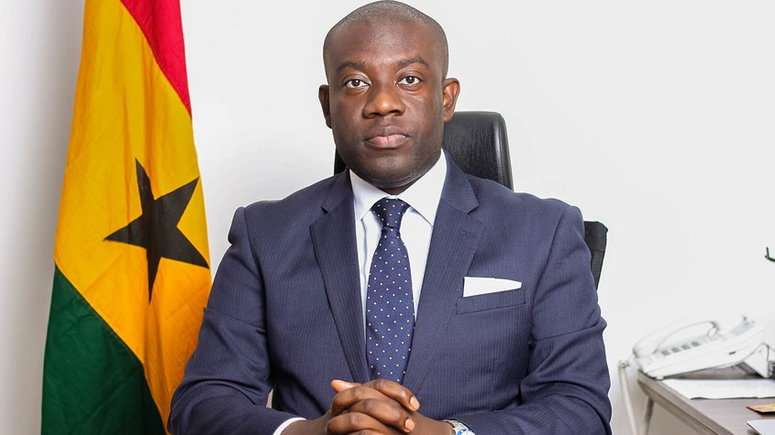
Business associations, the Trades Union Congress, and advocacy groups had criticized the proposed regulations. The government’s decision to suspend the bill reflects the need for further consultation and alignment with diverse stakeholders.
The controversial L.I., which faced resistance from various quarters, will not be immediately laid, allowing for extended consultations. Despite government officials, including Trades and Industry Minister KT Hammond and Finance Minister Ken Ofori-Atta, asserting the bill’s national interest, opposition persisted from entities like the Ghana Union of Traders Associations (GUTA) and the General Agricultural Workers Union (GAWU). The bill divided Parliament, leading to tense exchanges between Speaker Alban Bagbin and Ablekuma West MP Ursula Owusu-Ekuful.
The suspended L.I. aimed to regulate the importation of essential goods, impacting industries ranging from agriculture to manufacturing. Despite government assertions that it would benefit the nation, dissenting voices highlighted the perceived deficiencies in the proposed law. The government’s decision to pause the bill allows for a thorough reevaluation of its potential consequences.
Minority Preps To Shoot Down 2024 Budget
In what seems like a spree of opposition to major government policies, the Minority in Parliament is likely to soot down the 2024 Budget.
The Minority in Parliament continues to oppose the approval of the 2024 budget, with a headcount vote scheduled for December 7th. Despite a voice vote initially favoring the Majority, the Minority challenged the ruling, leading to a walkout and a subsequent commitment to a headcount vote. Key members of the Minority, including MPs for Builsa South and Ketu North, Dr. Clement Apaak and James Klutse Avedzi, has reiterated their concerns about the budget’s tax implications, emphasizing the potential hardships for Ghanaians.
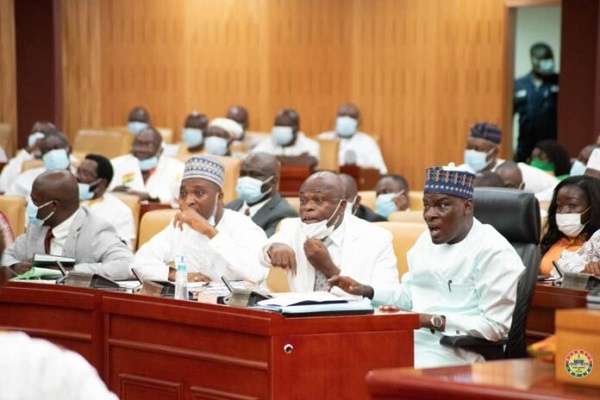
“We have not changed our position, the reasons why the NDC side decided to vote against the 2024 Budget are still the same and we have made it clear through our leader, Ato Forson that we are opposed to the budget because of the taxes embedded in the budget. Those taxes will increase the hardships that Ghanaians face.”
Dr. Clement Apaak
The protracted brouhaha surrounding the approval of Ghana’s 2024 budget in parliament is emblematic of the deep-seated divisions and contentious issues that often characterize budgets in the country. The political theatre that unfolded, marked by a walkout, a challenge to the Speaker’s ruling, and a subsequent headcount vote, reflects the complexities inherent in managing fiscal policies that impact millions of Ghanaians.
At the heart of the impasse lies the opposition’s staunch resistance to certain aspects of the budget, particularly the proposed taxes embedded within it. The decision to opt for a headcount vote, a rare move in parliamentary proceedings, speaks to the gravity of the disagreements.
Given the extent of the numbers of the Minority in Parliament, it is most likely to the stand firm on its demands.
READ ALSO: Ghana’s Private Member Bill And The Uphill Battle For Presidential Assent

